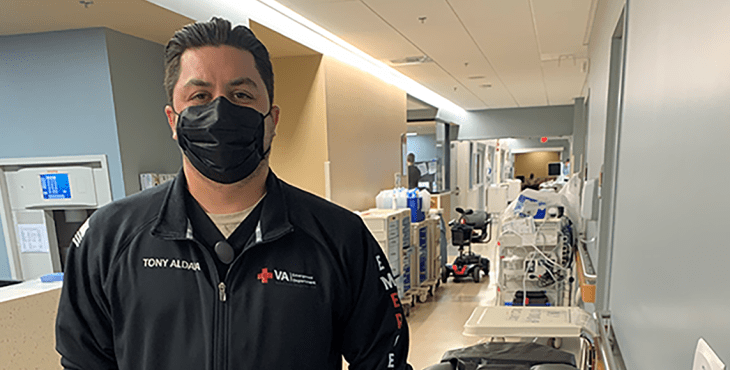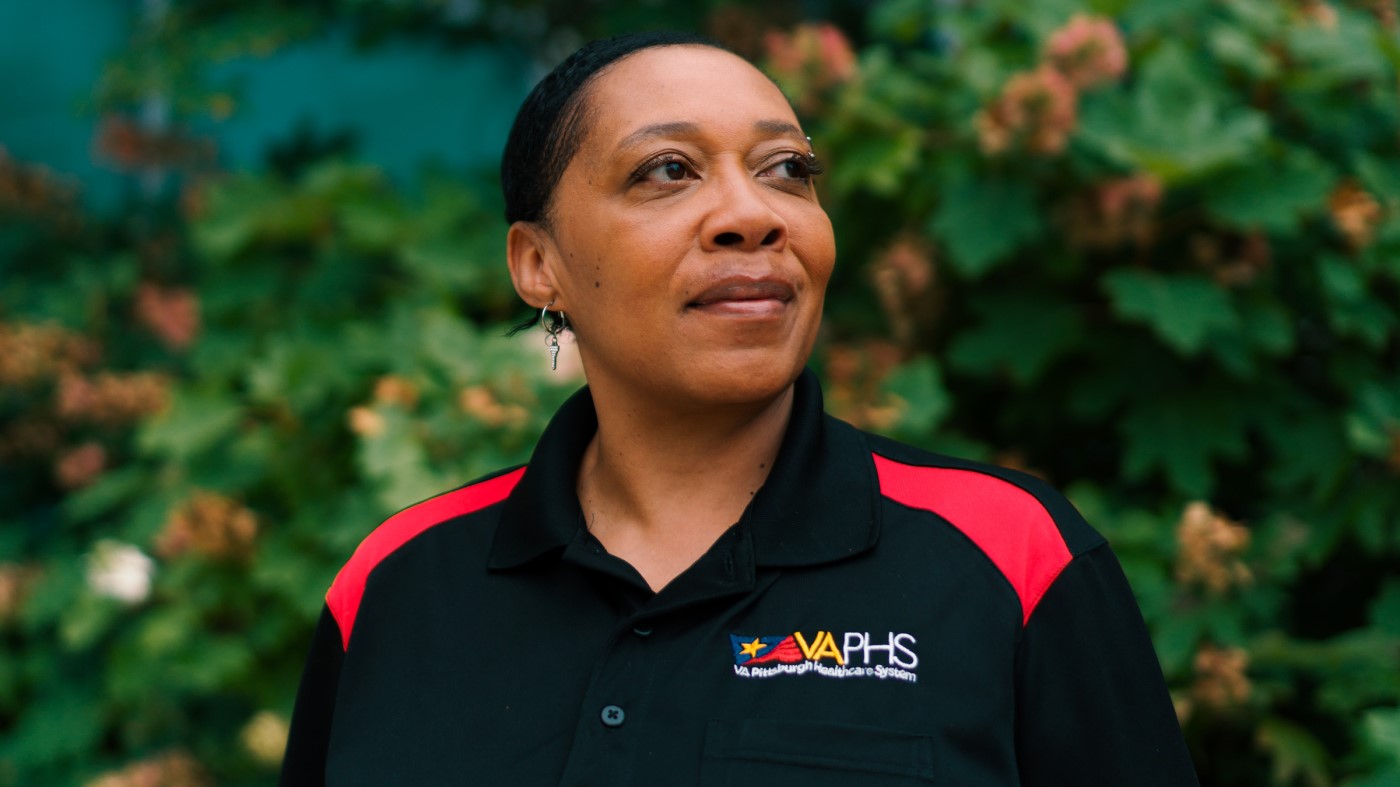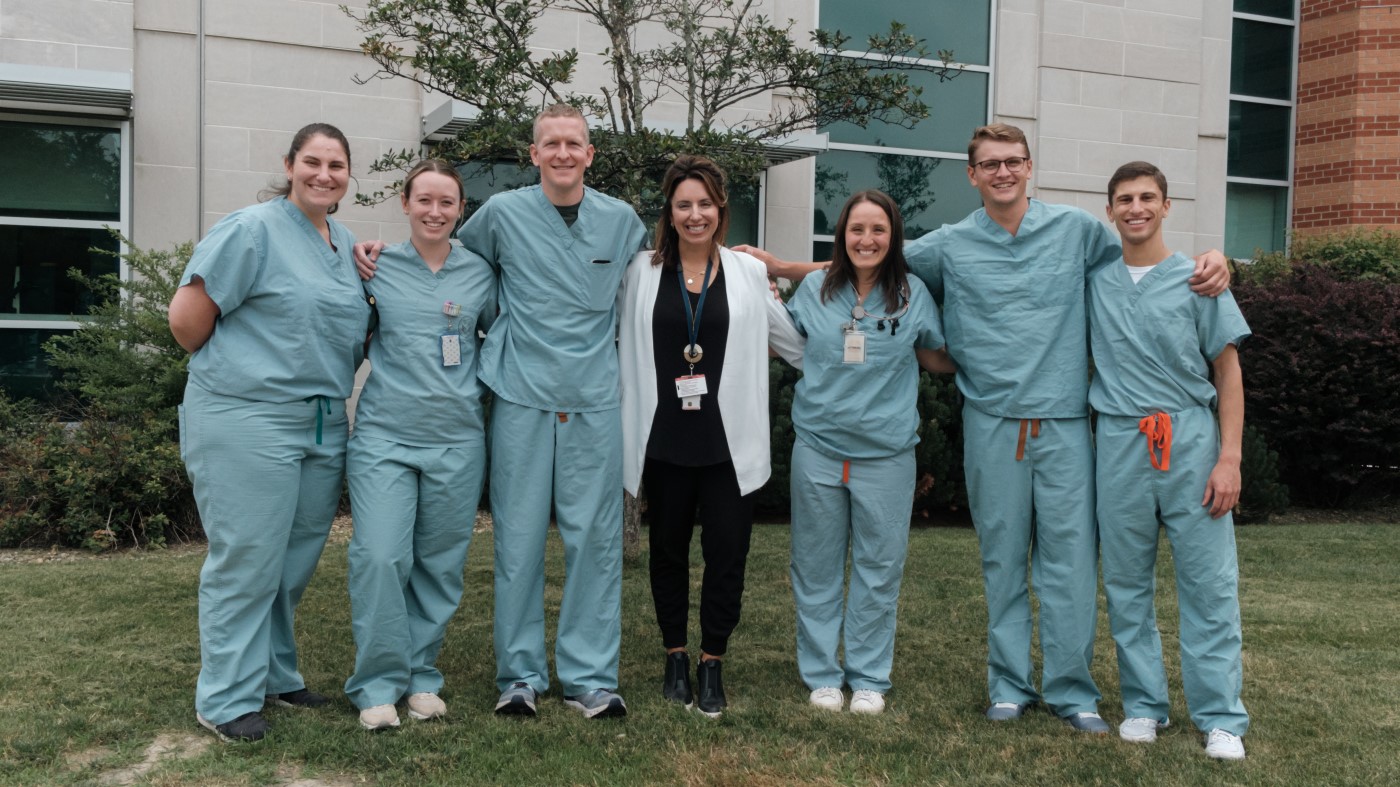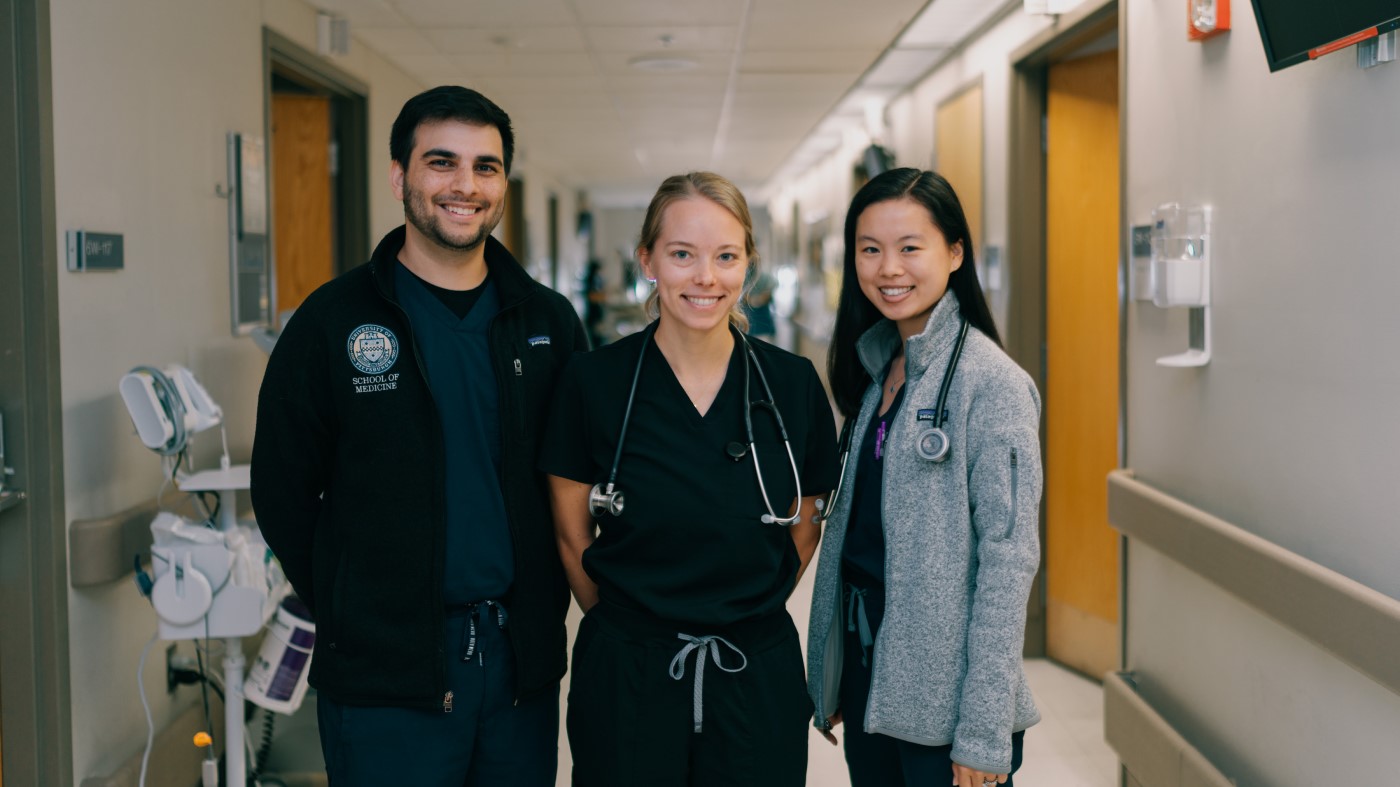Our intermediate care technicians (ICTs) were all once heroes on the battlefield. They helped care for fellow service members while serving as military corpsmen, combat medics and medical technicians.
Through VA’s ICT program, they’ve become heroes in our hospitals and medical centers as well, using their military training to provide the highest quality of care to America’s Veterans.
Stepping in when he heard a call for help was natural for Tony Aldapa, a former Navy hospital corpsman and ICT at the Greater Los Angeles VA Healthcare System.
On his flight back home last December, a fellow passenger went into cardiac arrest. His ICT training and military experience kicking in during the emergency, Aldapa helped two other passengers perform CPR.
“The ICT program helped me find myself and my passion for the medical field again,” said Aldapa. “The VA ICT program is an amazing opportunity for prior service medical professionals to use the skills and experience they obtained in the military to serve their fellow Veteran.”
Veterans serving Veterans
Returning Army combat medics, Air Force medical technicians, Navy hospital corpsmen and Coast Guard health services technicians can have a hard time finding civilian jobs that use their military medical training.
VA’s ICT program provides a unique pathway to post-military careers, ensuring that these highly qualified transitioning military personnel can continue a life of service and bravery while providing high-quality care to America’s Veterans.
ICTs are Veterans serving Veterans. They serve in 15 different patient care specialties at more than 60 VA medical centers across the country. Currently, there are more than 250 ICTs working at VA.
“The ICT program is a nearly seamless integration to the civilian workforce which allows former military medical personnel to continue serving their country and fellow Veterans at the VA,” said Kristina Snell, a former Air Force flight medic and VA National ICT Program lead.
“Military medical experience provides a great foundation that VA continues to develop and build upon opening up endless career possibilities.”
Using clinical, patient navigation and care coordination skills, they work as force multipliers, increasing access to care, enhancing nursing and medicine productivity, and increasing Veteran and caregiver satisfaction. This includes:
- Taking vital signs.
- Completing point-of-care testing.
- Drawing blood samples.
- Placing IVs, NG tubes and catheters.
- Completing eye and ear irrigation.
- Performing simple abscess incision and drainage.
- Suturing, splinting and caring for wounds.
They also expedite flow and efficiency, prep patients for evaluation, confirm that medical tests are complete, coordinate patient visits to different venues and complete the discharge process.
Work at VA
Join Aldapa and our other ICTs in making a difference in the lives of other Veterans.
- APPLY for an open ICT position.
- LEARN more about programs for transitioning military personnel.
- EXPLORE a VA career at vacareers.va.gov.
- CONTACT Kristina Snell to learn more about the ICT program.
Topics in this story
More Stories
If you’re looking for an opportunity to provide care to Veterans outside a traditional clinical setting, Home Based Primary Care (HBPC) is a great option.
A key part of your job search is finding the right fit for you and your skills, and workplace culture can impact that dramatically.
VA offers numerous pathways into mental health careers, including scholarship opportunities for college students. Learn more.







Yes but more need to be Done for Female Vets. We have a Woman’s Clinic. With a lot missing. We have to go to our Primary Physician to get a Referral. They have a Mamogram Machine, but nobody to Read the Film. And there are a lot more Things missing